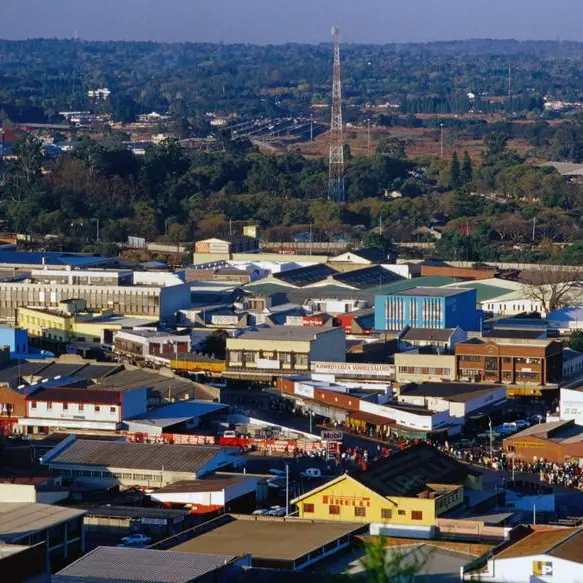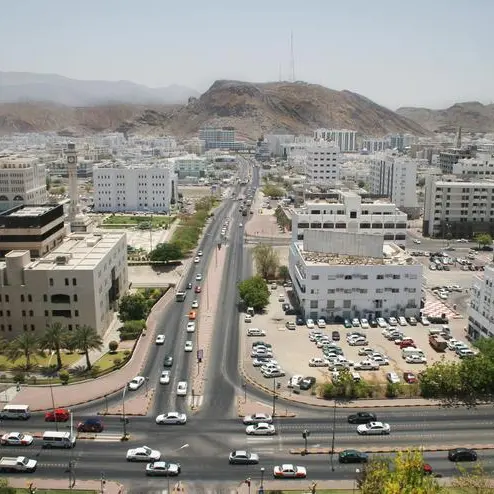DUBAI, Dec 17 (Reuters) - Gulf stock markets see mixed signals from outside the region on Thursday as a hike in U.S. interest rates sent Asian stocks surging in early trade but also pushed oil prices lower.
With little specific company news on which to trade, Gulf investors have sought cues from oil and global equity markets. Crude's renewed slump - Brent
The bourses have since recovered some losses, but such gains are likely to prove fleeting because of ambiguity over the long-term direction of oil prices, said Sanyalaksna Manibhandu, head of research at NBAD Securities.
"Oil is very important - this time last year everybody was hoping the weakness would go away, but a year on it hasn't and given what OPEC said about removing (production) ceilings we're looking at probably another 9-12 months of more uncertainty," said Manibhandu.
Declining oil revenues have reduced liquidity in the banking sector as governments withdraw deposits to fund their spending, which in turn negatively affects the banking system and businesses in general, said Manibhandu.
Crude futures fell in Asian trade on Thursday, adding to sharp losses the previous session after the Federal Reserve raised rates for the first time in nearly a decade.
Five of the six currencies in the Gulf-Cooperation Council (GCC) are pegged to the dollar, with the sixth - Kuwait's dinar - pegged to a basket of currencies in which the greenback is thought to have a large weighting.
As such, GCC countries usually follow U.S. interest rate polices and Bahrain, Kuwait and Saudi Arabia hiked some of their rates overnight in response to the Fed's move.
Saudi Basic Industries Corp
2010.SE
(SABIC) could attract buyers after it proposed a cash dividend of 3 riyals per share ($0.80) for the second half of 2015. This would be same as for the corresponding period of 2014 and comes despite a 9.3 percent drop in third-quarter profit.
Abu Dhabi-listed Etisalat
Etisalat said its unit would appeal the award, but with the telecom operator's stock up 59 percent this year - versus a 10 percent decline in Abu Dhabi's index
(Reporting by Matt Smith; Editing by Subhranshu Sahu) ((nadia.saleem@thomsonreuters.com; +97143664256; Reuters Messaging: nadia.saleem.thomsonreuteres@reuters.net))
Keywords: MIDEAST STOCKS/
With little specific company news on which to trade, Gulf investors have sought cues from oil and global equity markets. Crude's renewed slump - Brent
The bourses have since recovered some losses, but such gains are likely to prove fleeting because of ambiguity over the long-term direction of oil prices, said Sanyalaksna Manibhandu, head of research at NBAD Securities.
"Oil is very important - this time last year everybody was hoping the weakness would go away, but a year on it hasn't and given what OPEC said about removing (production) ceilings we're looking at probably another 9-12 months of more uncertainty," said Manibhandu.
Declining oil revenues have reduced liquidity in the banking sector as governments withdraw deposits to fund their spending, which in turn negatively affects the banking system and businesses in general, said Manibhandu.
Crude futures fell in Asian trade on Thursday, adding to sharp losses the previous session after the Federal Reserve raised rates for the first time in nearly a decade.
Five of the six currencies in the Gulf-Cooperation Council (GCC) are pegged to the dollar, with the sixth - Kuwait's dinar - pegged to a basket of currencies in which the greenback is thought to have a large weighting.
As such, GCC countries usually follow U.S. interest rate polices and Bahrain, Kuwait and Saudi Arabia hiked some of their rates overnight in response to the Fed's move.
Saudi Basic Industries Corp
Abu Dhabi-listed Etisalat
Etisalat said its unit would appeal the award, but with the telecom operator's stock up 59 percent this year - versus a 10 percent decline in Abu Dhabi's index
(Reporting by Matt Smith; Editing by Subhranshu Sahu) ((nadia.saleem@thomsonreuters.com; +97143664256; Reuters Messaging: nadia.saleem.thomsonreuteres@reuters.net))
Keywords: MIDEAST STOCKS/




















